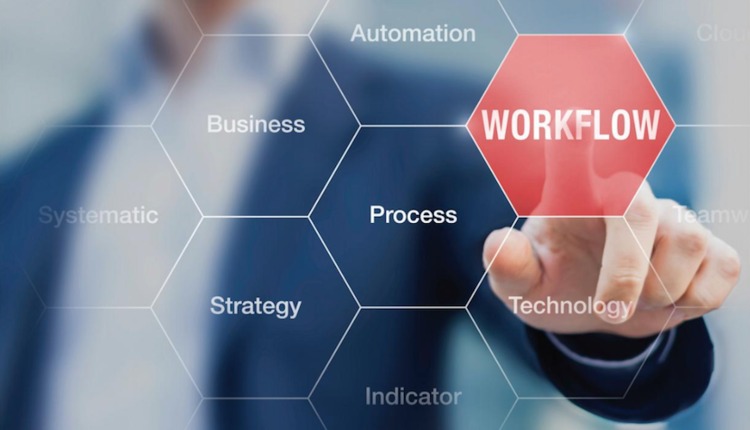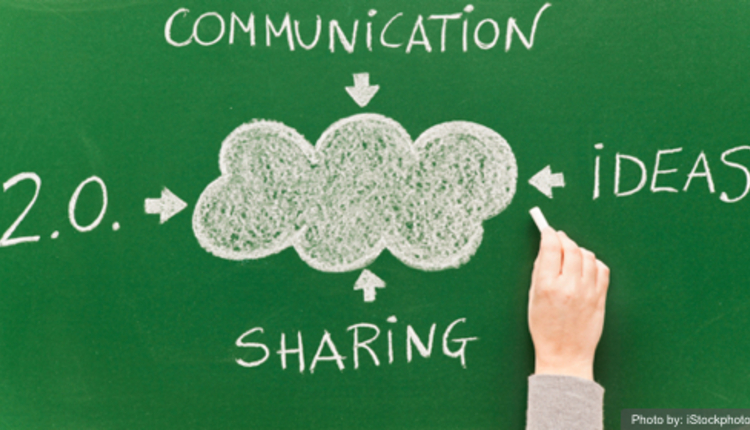
Image by: Freer Law, ©2017 Getty Images
Today, organizations are increasing the deployment of electronic content management (ECM) technologies to support information governance (IG)/records and information management (RIM) goals and to improve organizational efficiency. However, in spite of this effort, most organizations have not developed a comprehensive, enterprise-wide ECM plan, including a return on investment analysis, budget, and a detailed project roadmap.
Why Is an Enterprise-Wide Plan Important?
Without a plan, organizations tend to implement ECM technologies as individual projects, stopping and starting as budget becomes available or individual executives are interested. Other times, organizations push the deployment decision to the workgroups by giving them the software, a manual, and some technical support.
Without an overall plan, there can be incorrect definitions of ECM technology building blocks (capture, recognition, content management, digital signature, workflow, and records management) required, deployment risks, costs, and benefits.
“The result? An ECM solution selected for one project will not meet the needs or budget of other projects, and workgroup solutions can’t be expanded.”
Without an overall plan, there can be incorrect definitions of ECM technology building blocks (capture, recognition, content management, digital signature, workflow, and records management) required, deployment risks, costs, and benefits.
What Are the Important Considerations When Developing an Enterprise-Wide Plan?
- Identify technology requirements at the organizational, department, and workgroup level, including required standards
- Develop a total ECM cost over five years, including planning, software, hardware, installation/configuration, internal operating, maintenance, and any exit costs
- Calculate dollar benefit over five years, including efficiency, customer service, waste/rework reduction, and risk avoidance
- Develop cost/benefit ranking at the organizational, department, and process level
- Identify high-value processes and repeatable processes that occur throughout the organization (e.g., contracting, permitting)
- Rank processes within each department and outside of each department (e.g., highest value processes, regardless of department)
- Based on the process assessment and ranking above, develop an ECM project roadmap and timeline for your organization
- Use the plan to obtain approval and budget
George Dunn, President of CRE8 Independent Consultants, is a worldwide recognized consultant, speaker, and author on paperless technology, process improvement, and legacy system replacement. For more information on his upcoming online workshop, "Paperless Technology & Process Innovation," visit www.cre8inc.com. Follow him on Twitter @CRE8consultants or connect with him on LinkedIn.

























